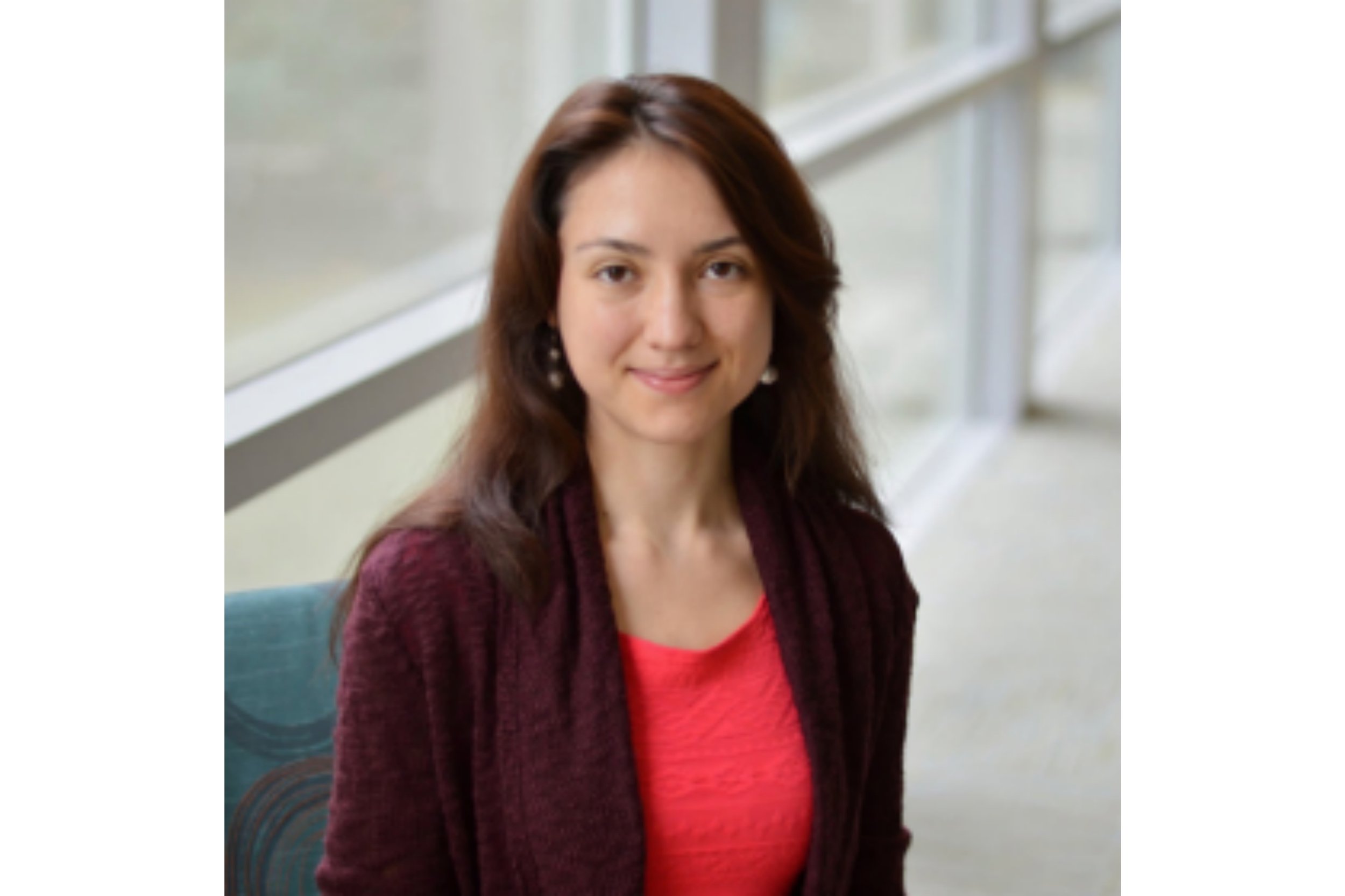Dr. Alexandra Oprea and PPE Lecture Series
Photo courtesy of Dr. Alexandra Oprea
Dr. Alexandra Oprea, who spoke at the Philosophy, Politics, and Economics Lecture Series, noted the harm of the current stark divisions in American politics and its effect on democracy.
On Thursday, Feb. 6, Dr. Alexandra Oprea from the University at Buffalo’s philosophy department came to SUNY Geneseo to present on “How to Be a Good Democratic Citizen.” This was the inaugural talk of the Philosophy, Politics, and Economics (PPE) Lecture Series.
Dr. Opera gave a talk based on research conducted together with Dr. Daniel Stephens from UB Philosophy. Oprea is in the philosophy department at UB but is in PPE. For her undergraduate studies, she majored in economics and political science.
Oprea notes that she read The Worldly Philosophers by Robert Heilbroner and Plato’s Republic, both of which contributed to her love of political philosophy. Dr. Oprea’s dissertation advisor introduced her to ancient philosophers, which she said seemed to “make the past come alive.” She said, "PPE is the most ambitious way to study how human beings work together to solve problems.”
Dr. Oprea has been interested in civic education for a long time and has contemplated what individuals should be doing to be good democratic citizens. She says this doesn't mean you are Democrat or Republican— it's something broader. The goal is to look for something that can transcend these differences and remind us what we care about.
More people declare themselves “independent” politically but still lean one way. The different political sides are getting louder, and their opposing parties are responding more strongly. She thinks a compulsory voting system and different ballot systems, such as ranking, would work better. Changing the rules of voting, counting votes, and turning votes into seats. The problem is that moderates are not getting a voice, and there used to not be such hatred for the other side.
In Dr. Oprea’s presentation on “How to Be a Good Democratic Citizen,” she notes that some argue that democracy makes more knowledgeable decisions due to a large variety of people contributing. A balanced decision is likely achieved by asking many people rather than fewer. She says that the approach is to find something other than the extremes of simply Democrat or Republican. In Oprea’s presentation, she notes that the “First Rule of Democracy” is that “Whatever else they do, good democratic citizens act in ways that prioritize the continuation of their democratic system.”
The overarching idea of Dr. Oprea’s lecture was the fact that American politics have, unfortunately, become deeply polarized. There is a big gap between the parties regarding the policies being offered. Oprea presented three graphs ranging from 1979 to 2021, showing the increasing polarization between parties throughout the decades.
Dr. Oprea notes that this is currently demonstrated in many ways, including the fact that many people are uncomfortable shopping from businesses of people with alternate political opinions, hiring people with differing opinions, and having their children marry people of other political persuasions.
She emphasized, however, that “the good citizen acts in ways that reduce political polarization.” This can be achieved by creating cross-partisan alliances. One should not worry about their party “winning.” Don't make your spaces one-party friendly or separated by politics. The focus should be on being open to a free exchange of ideas and welcoming consideration and analysis of all proposed views/thoughts.

